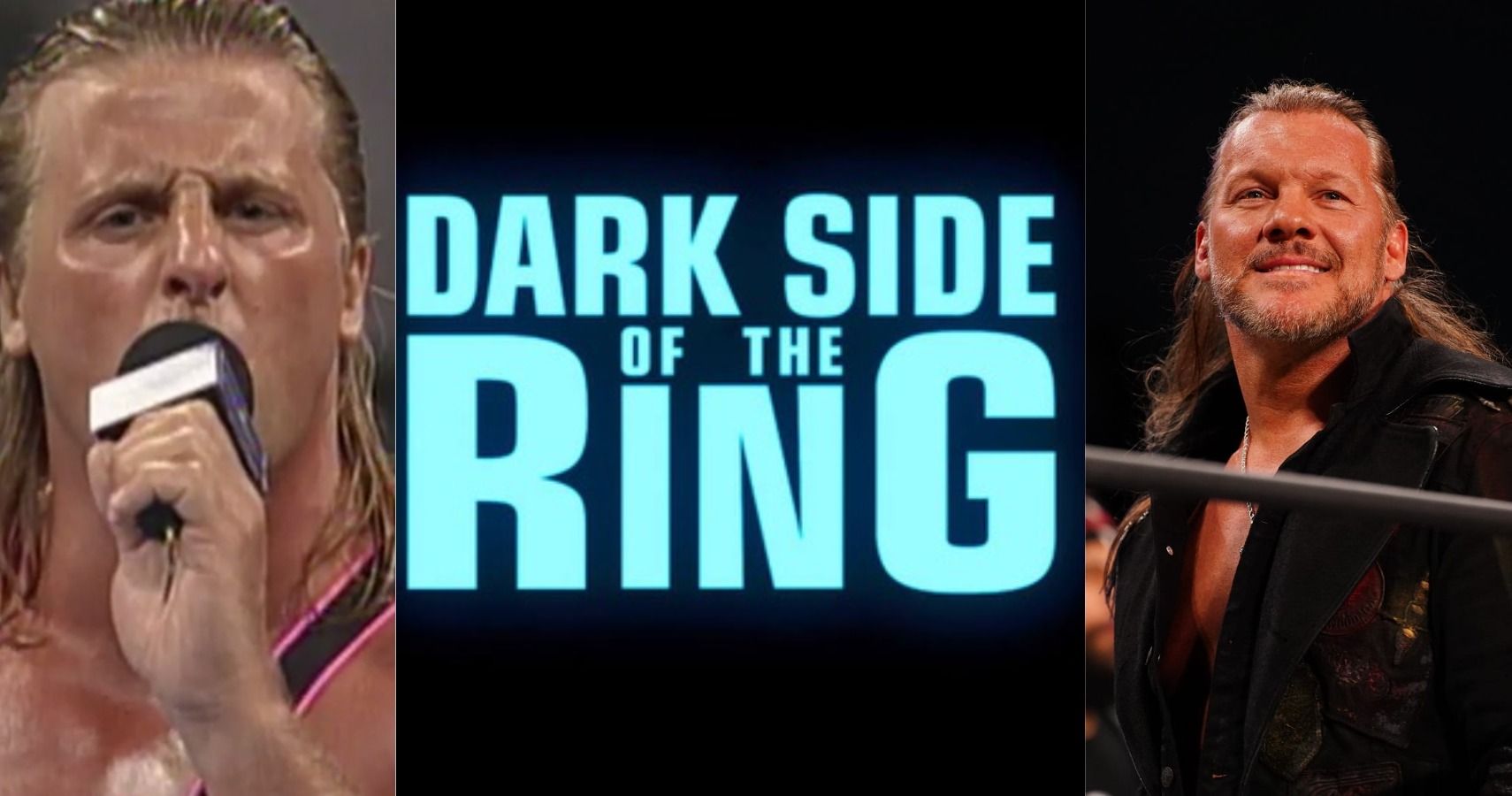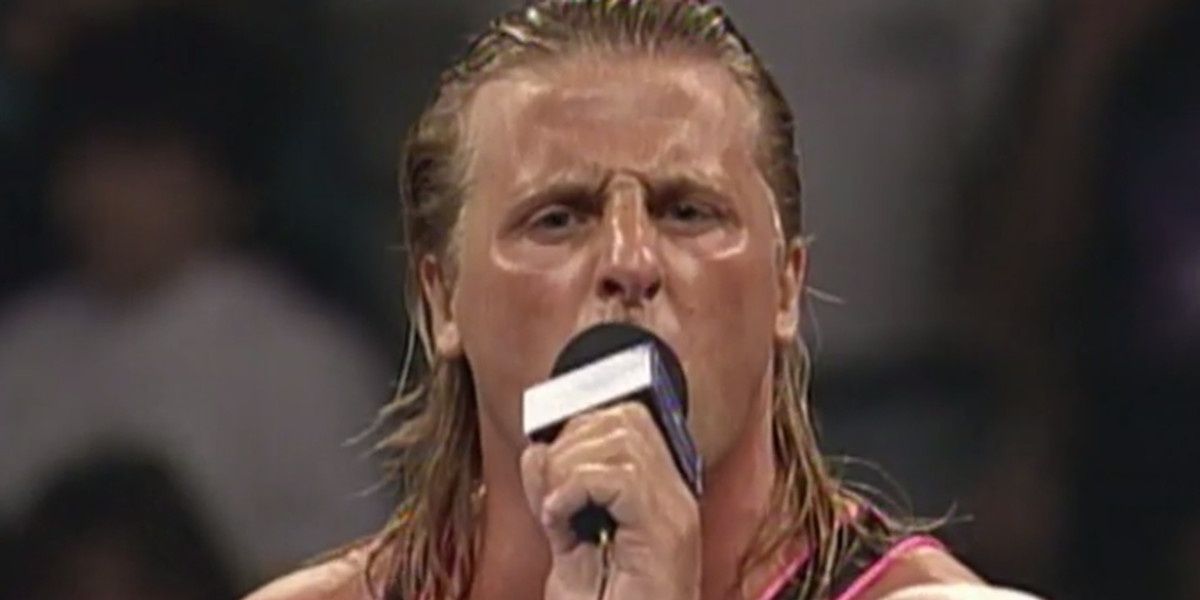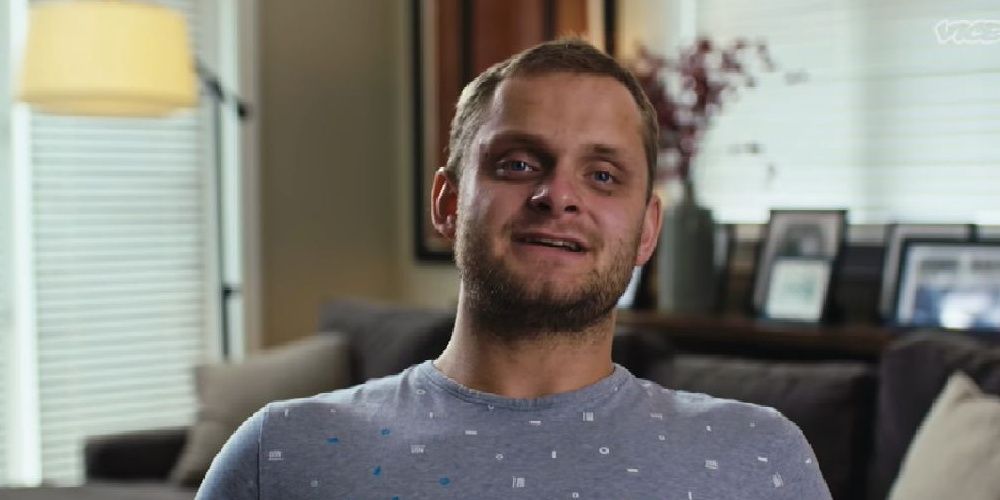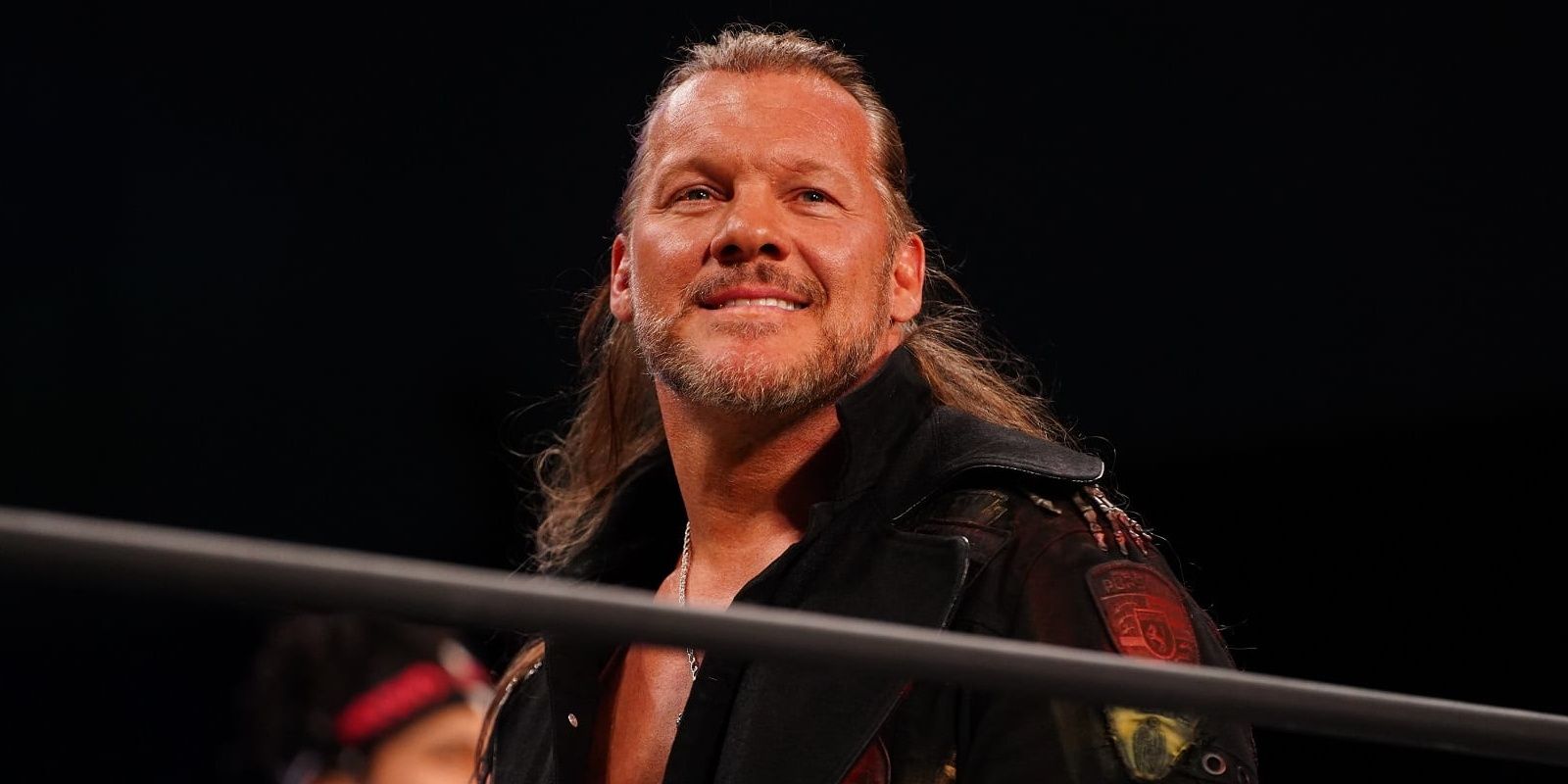One of the most celebrated aspects of WWE programming has become their documentaries, ranging in focal points from Superstars like The Brothers of Destruction to events like each year's WrestleMania. The company got its feet wet in the days of straight to DVD releases and then started churning out quality behind the scenes productions with the advent of the WWE Network. Vice’s Dark Side of the Ring has offered an alternative perspective, however. The show, now in its third season has captured the imagination of long-time fans, all but catering to those who’ve grown disillusioned with WWE’s glossier productions that tend to white-wash history.
Stories WWE Wouldn’t Touch
When New Jack recently passed, Paul Heyman went viral for his Talking Smack eulogy to the hardcore icon, perhaps best remembered for his time in ECW. Heyman acknowledged that WWE didn’t own and wouldn’t show any footage of the late star because he was the antithesis of the company’s PG sensibilities.
Season two, episode three of Dark Side of the Ring was dedicated to New Jack’s career.
Indeed, Dark Side has dedicated documentaries to folks like New Jack, Gino Hernandez, and most recently Nick Gage, whom WWE has never employed and whom the company would may consider “black eyes” for the wrestling industry. That’s in addition to offering extended coverage to the Benoit family tragedy, the failure that was WWE Brawl For All, and the accidental death of Owen Hart, all of which tied more directly to WWE, but that the company would rather fans forget about. This is a show without any loyalties beyond engaging with interesting stories. The sense of honesty that comes and willingness to grapple with hard questions with that approach is a refreshing departure from the self-aggrandizing nature of most WWE documentaries.
Unheard Voices
When WWE produced its McMahon documentary about the life and career of Vince McMahon, they infamously put out the call to his colleagues, friends, and enemies alike to weight in with their honest perspectives. Whether that effort was half-hearted or insincere, parties who truly had negative things to say didn’t trust WWE, or there really weren’t many people with critical things to say about the Chairman, the documentary emerged with a near universally positive tone. Even moments of critique, like Triple H, Stephanie McMahon, and Linda McMahon expressing their displeasure when at some of the more embarrassing family angles Vince championed, the disapproval came across as more tongue in cheek than in any way intense.
Dark Side of the Ring, by contrast, has embraced showing all manner of perspectives, including voices that are truly fresh to even hardcore wrestling fans. That includes a season two episode dedicated to the death of Owen Hart anchoring itself on the perspective of his widow, who has never had a voice in WWE productions. Similarly, an episode about the Benoit family offered a platform for Nancy Benoit’s sister, as well as Chris Benoit’s son David, offering an unlikely uplifting end to the story.
WWE has an unparalleled access to current stars, executives, and legends. They often, however, omit less polished speakers, people who might have an axe to grind with the company, or individuals who casual fans might think of as periphery to the stories being told.
Chris Jericho Narrates
After different wrestling personalities, including Mick Foley and Dutch Mantel lent their voices to Dark Side of the Ring documentaries during season one, Chris Jericho took over regular hosting duties for all of season two and into season three.
Jericho is not only well-spoken, but one of the most credible voices the show could have at its disposal. He was a multi-time world champion and headliner for WWE, but has no allegiances to the company—not least of all for his subsequent work with New Japan, and most recently AEW. He has also been in the business for thirty years, with a background that included working in Canada, Japan, Mexico, across a variety of indies, and WCW before he arrived in WWE. So, Jericho is someone with a laundry list of stories and whom its hard to discredit when he’s talking about wrestling. His voice has become a core part of Dark Side’s identity as a show.
Dark Side of the Ring certainly isn’t made to be appropriate or accessible to children, and can’t offer the depth of footage that WWE’s tape library affords them. However, for serious fans who know so many of WWE’s stories before their documentaries tell them, Dark Side offers unfamiliar stories or angles on events that fewer fans have heard of before. It’s an intriguing, professional enterprise that has emerged as the best documentary storytelling in wrestling.




